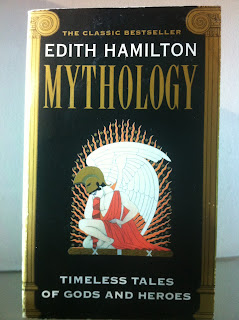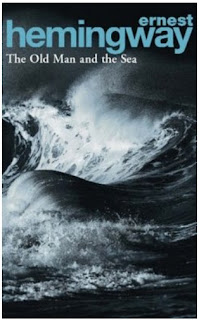Author smother
Every book tarries at some point between its covers. Not every page can sparkle, nor can every description lay claim to reader’s imagination. Some passages beg half-to-no attention. Readers who identify with the author's feelings may consider his writing perfectly intelligible; while, to others he may be an epitome of vagueness. Here, evaluations are subjective. One author speaks to his readers, translating his thoughts into words that readers can easily pick into their mental fork. If the author were to explain the passage to the reader in person, it would not better the written word. This author believes that without a reader, a book is dead weight. He is not anxious to achieve anything beyond making the book enjoyable for the reader. Read George Orwell’s Animal Farm and you would understand what I mean. It’s a rare feat that Leo Tolstoy also accomplishes in War and Peace . From the description of chasing wolves to philosophical reflections on individuals and events, Tolsto




